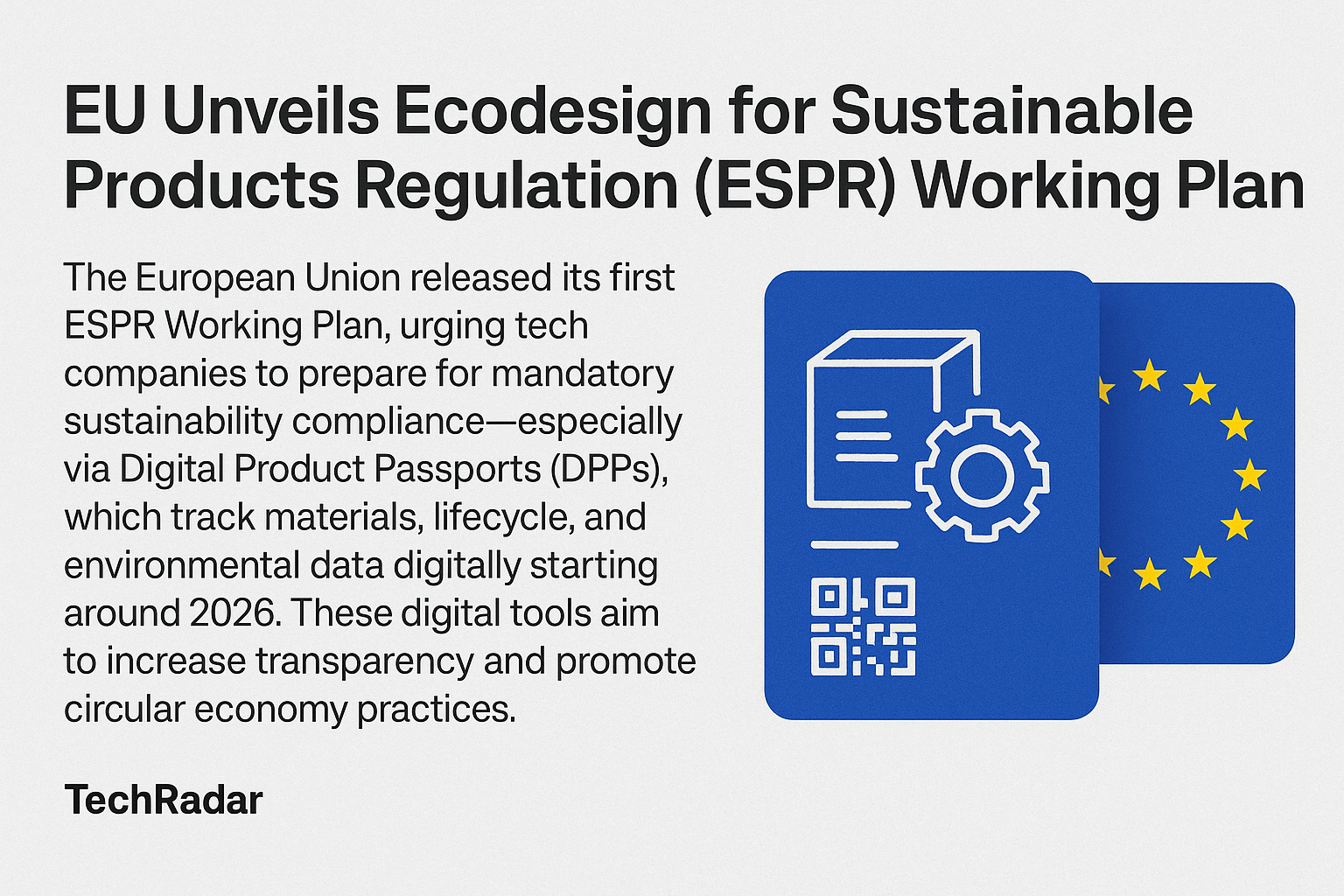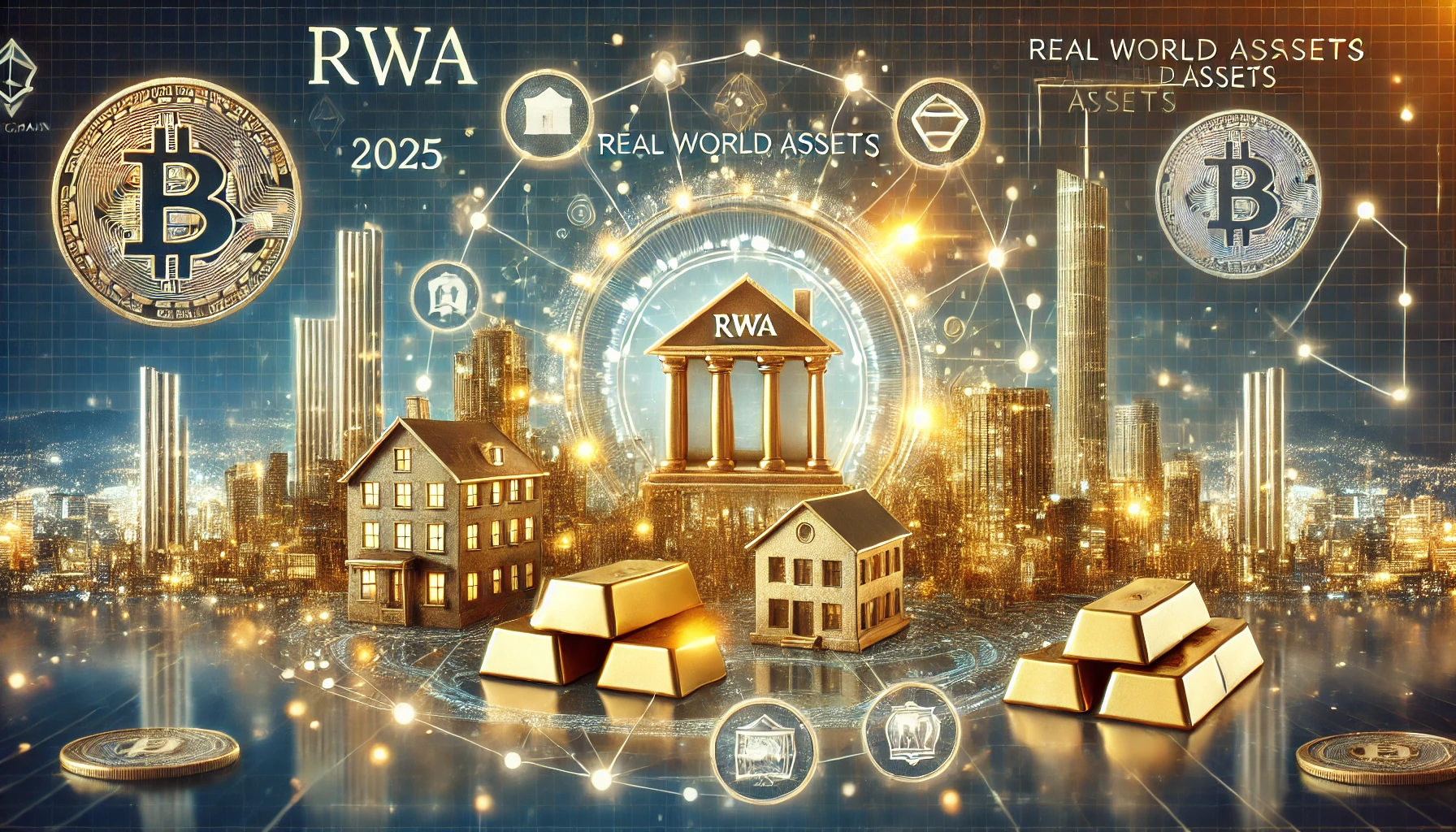As sustainability becomes a top priority for consumers and brands alike, innovative technologies are evolving to meet the demand. One such innovation is the rise of eco-friendly NFTs—a smart and sustainable solution for businesses aiming to engage eco-conscious audiences while reducing their environmental impact.
What Are Eco-Friendly NFTs?
Traditional NFTs (non-fungible tokens) have faced criticism for their environmental footprint, especially when minted on energy-intensive blockchains like Ethereum (prior to its transition to proof-of-stake). Eco-friendly NFTs, on the other hand, are created on energy-efficient blockchains such as Polygon, Tezos, or Algorand, which consume a fraction of the energy.
These sustainable NFTs offer the same benefits—ownership, authenticity, and traceability—without the heavy carbon cost.
Why Should Businesses Care?
Today’s consumers, particularly Gen Z and Millennials, increasingly support brands that align with their environmental values. By integrating eco-friendly NFTs into marketing, loyalty programs, or product lines, businesses can:
-
Show commitment to sustainability
-
Attract and retain eco-conscious customers
-
Stand out in a competitive digital space
-
Build transparent and innovative brand identities
Real-World Applications
-
Digital Collectibles with Purpose: Brands can mint limited-edition NFTs tied to sustainability campaigns or charitable causes.
-
Carbon Offsets as NFTs: Companies can tokenize carbon credits to prove and showcase their environmental impact.
-
Green Loyalty Programs: Reward customers with eco-NFTs for sustainable behavior, such as recycling or choosing eco-packaging.
The Future Is Green and Tokenized
The convergence of blockchain and sustainability opens a new chapter for digital innovation. Businesses embracing eco-friendly NFTs not only future-proof their brand but also contribute to a greener digital economy.
As awareness grows, we can expect eco-NFTs to become a key tool in responsible digital transformation—proving that blockchain can be both smart and sustainable.




